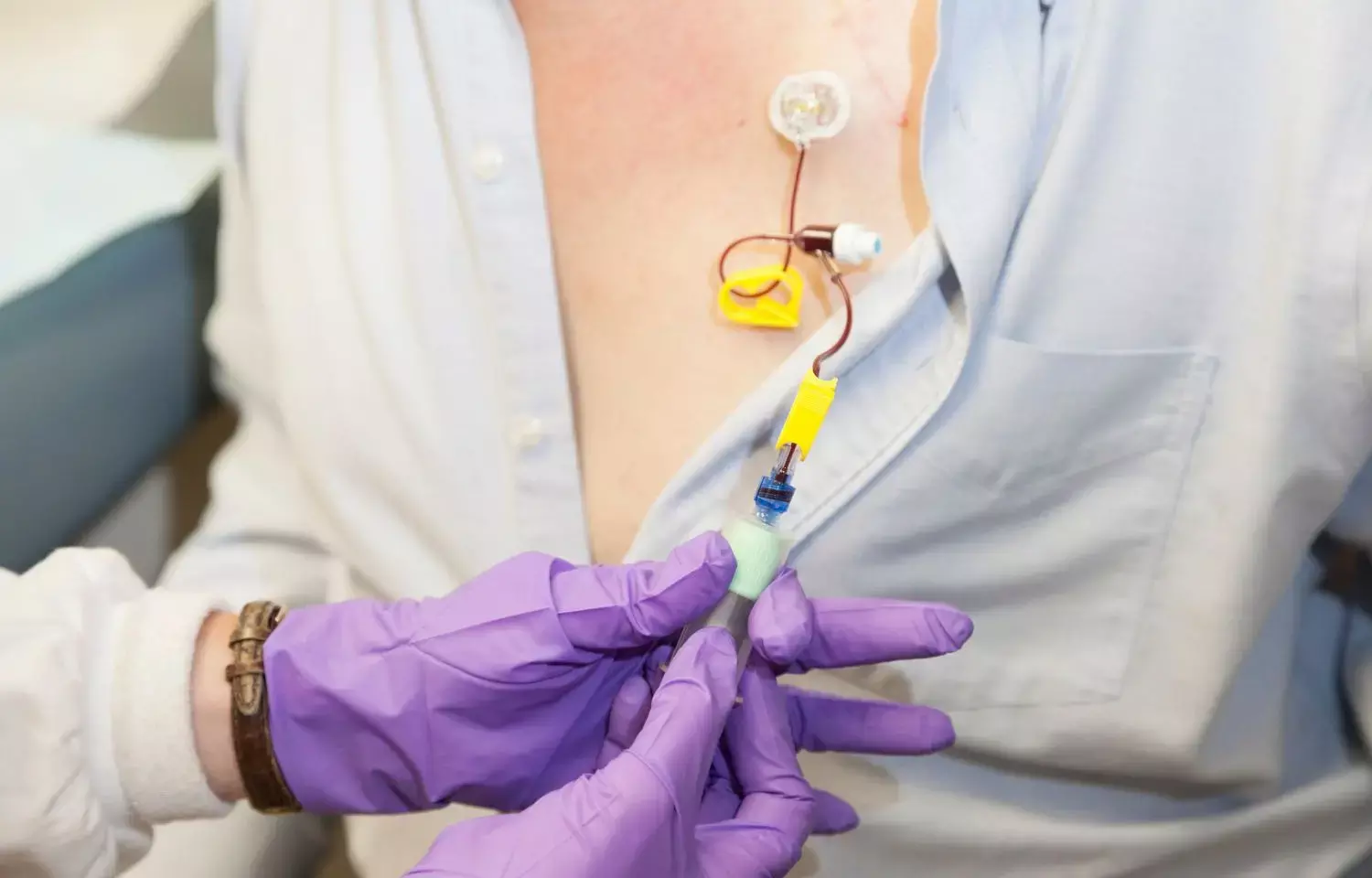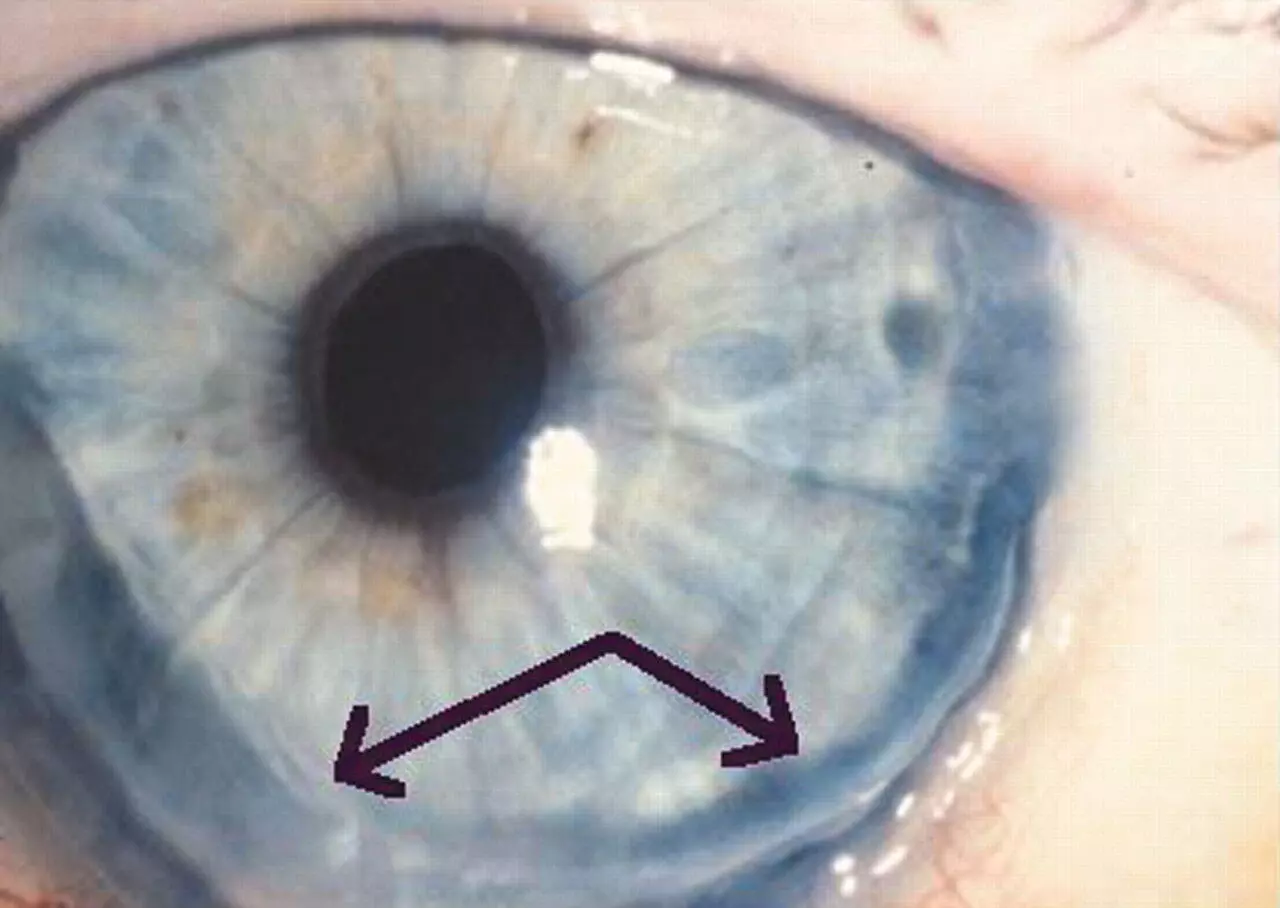- Home
- Medical news & Guidelines
- Anesthesiology
- Cardiology and CTVS
- Critical Care
- Dentistry
- Dermatology
- Diabetes and Endocrinology
- ENT
- Gastroenterology
- Medicine
- Nephrology
- Neurology
- Obstretics-Gynaecology
- Oncology
- Ophthalmology
- Orthopaedics
- Pediatrics-Neonatology
- Psychiatry
- Pulmonology
- Radiology
- Surgery
- Urology
- Laboratory Medicine
- Diet
- Nursing
- Paramedical
- Physiotherapy
- Health news
- Fact Check
- Bone Health Fact Check
- Brain Health Fact Check
- Cancer Related Fact Check
- Child Care Fact Check
- Dental and oral health fact check
- Diabetes and metabolic health fact check
- Diet and Nutrition Fact Check
- Eye and ENT Care Fact Check
- Fitness fact check
- Gut health fact check
- Heart health fact check
- Kidney health fact check
- Medical education fact check
- Men's health fact check
- Respiratory fact check
- Skin and hair care fact check
- Vaccine and Immunization fact check
- Women's health fact check
- AYUSH
- State News
- Andaman and Nicobar Islands
- Andhra Pradesh
- Arunachal Pradesh
- Assam
- Bihar
- Chandigarh
- Chattisgarh
- Dadra and Nagar Haveli
- Daman and Diu
- Delhi
- Goa
- Gujarat
- Haryana
- Himachal Pradesh
- Jammu & Kashmir
- Jharkhand
- Karnataka
- Kerala
- Ladakh
- Lakshadweep
- Madhya Pradesh
- Maharashtra
- Manipur
- Meghalaya
- Mizoram
- Nagaland
- Odisha
- Puducherry
- Punjab
- Rajasthan
- Sikkim
- Tamil Nadu
- Telangana
- Tripura
- Uttar Pradesh
- Uttrakhand
- West Bengal
- Medical Education
- Industry
Pretreatment vitamin D Insufficiency Linked to increased risk of Chemo-induced Peripheral Neuropathy

A new groundbreaking trial evaluated the pretreatment vitamin D insufficiency and the chemotherapy-induced peripheral neuropathy (CIPN). The SWOG S0221 clinical trial found that pretreatment vitamin D insufficiency is the first validated and potentially modifiable predictive biomarker for chemotherapy-induced peripheral neuropathy (CIPN) from paclitaxel. They also added that this insufficiency could be one of the reasons for the high incidence of CIPN in blacks. The trial results were published in the Journal of the National Comprehensive Cancer Network (JNCCN).
Chemotherapy-induced peripheral neuropathy (CIPN) is a common and distressing side effect of cancer treatments, often causing debilitating pain. While previous research hinted at a connection between vitamin D insufficiency and an increased risk of CIPN linked to the chemotherapy drug paclitaxel, a recent study has sought to validate this link. The findings could have a profound impact on cancer care by offering a potential avenue to reduce the risk of this debilitating condition.
In a bid to confirm the role of vitamin D insufficiency as a CIPN risk factor, researchers delved into data and samples from the prospective phase III SWOG S0221 trial. This clinical trial focused on comparing different paclitaxel-containing chemotherapy regimens for early-stage breast cancer. The team utilized a targeted assay with liquid chromatography-tandem mass spectrometry to measure pretreatment 25-hydroxy-vitamin D in serum samples. They then delved into the association between vitamin D insufficiency (defined as ≤20 ng/mL) and the development of severe (grade ≥3) sensory CIPN. Importantly, they adjusted for various factors, including self-reported race, age, body mass index, and the paclitaxel dosing schedule.
Findings:
- The study involved the analysis of data from 1,191 female patients.
- It revealed that 33.3% of these patients had pretreatment vitamin D insufficiency.
- Shockingly, 16.4% developed severe CIPN (grade ≥3 CIPN).
- The most striking revelation was that patients with vitamin D insufficiency had a considerably higher risk of experiencing severe CIPN compared to those with sufficient vitamin D levels.
- Specifically, among patients with vitamin D insufficiency, 20.7% developed severe CIPN, while only 14.2% of those with adequate vitamin D did. This amounted to a 57% increased risk for those with vitamin D insufficiency.
- Notably, the association between vitamin D insufficiency and CIPN remained significant even after adjusting for age and paclitaxel dosing schedule, with an adjusted odds ratio of 1.65.
- While the association lost significance after adjusting for self-reported race, the trend continued to point towards an elevated risk.
To further validate the connection between vitamin D and CIPN, the study conducted experiments on mice. Mice fed a vitamin D-deficient diet exhibited mechanical hypersensitivity and an increased sensitivity to paclitaxel. These findings reinforced the notion that vitamin D insufficiency could serve as a modifiable predictive biomarker for CIPN. This revelation has the potential to pave the way for prevention strategies and improved treatment outcomes.
This breakthrough could revolutionize the approach to managing chemotherapy-induced peripheral neuropathy, offering hope for an improved quality of life for patients undergoing paclitaxel treatment. It opens the door for prospective trials to explore whether vitamin D supplementation can prevent CIPN and enhance treatment outcomes for patients with breast cancer and other cancer types. Continued research and clinical trials are essential to fully harness the potential of vitamin D supplementation in cancer care. The findings hold promise for transforming the landscape of cancer treatment and patient well-being.
Further reading: Vitamin D Insufficiency as a Risk Factor for Paclitaxel-Induced Peripheral Neuropathy in SWOG S0221. DOI: https://doi.org/10.6004/jnccn.2023.7062
BDS, MDS
Dr.Niharika Harsha B (BDS,MDS) completed her BDS from Govt Dental College, Hyderabad and MDS from Dr.NTR University of health sciences(Now Kaloji Rao University). She has 4 years of private dental practice and worked for 2 years as Consultant Oral Radiologist at a Dental Imaging Centre in Hyderabad. She worked as Research Assistant and scientific writer in the development of Oral Anti cancer screening device with her seniors. She has a deep intriguing wish in writing highly engaging, captivating and informative medical content for a wider audience. She can be contacted at editorial@medicaldialogues.in.
Dr Kamal Kant Kohli-MBBS, DTCD- a chest specialist with more than 30 years of practice and a flair for writing clinical articles, Dr Kamal Kant Kohli joined Medical Dialogues as a Chief Editor of Medical News. Besides writing articles, as an editor, he proofreads and verifies all the medical content published on Medical Dialogues including those coming from journals, studies,medical conferences,guidelines etc. Email: drkohli@medicaldialogues.in. Contact no. 011-43720751




